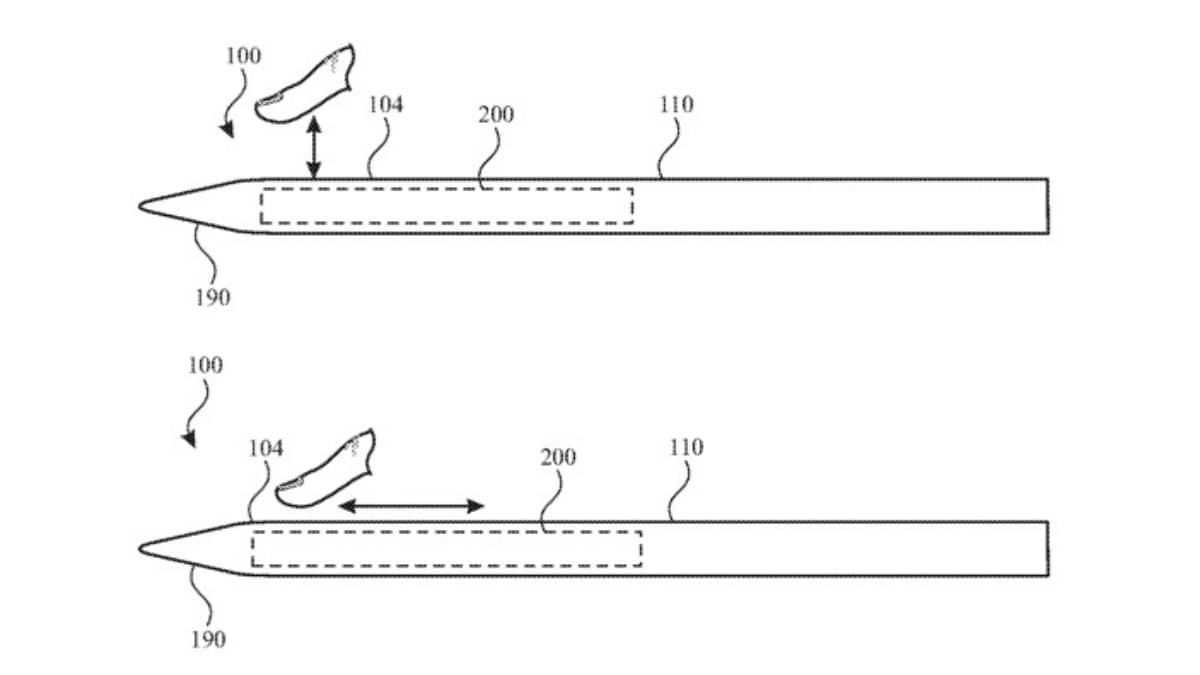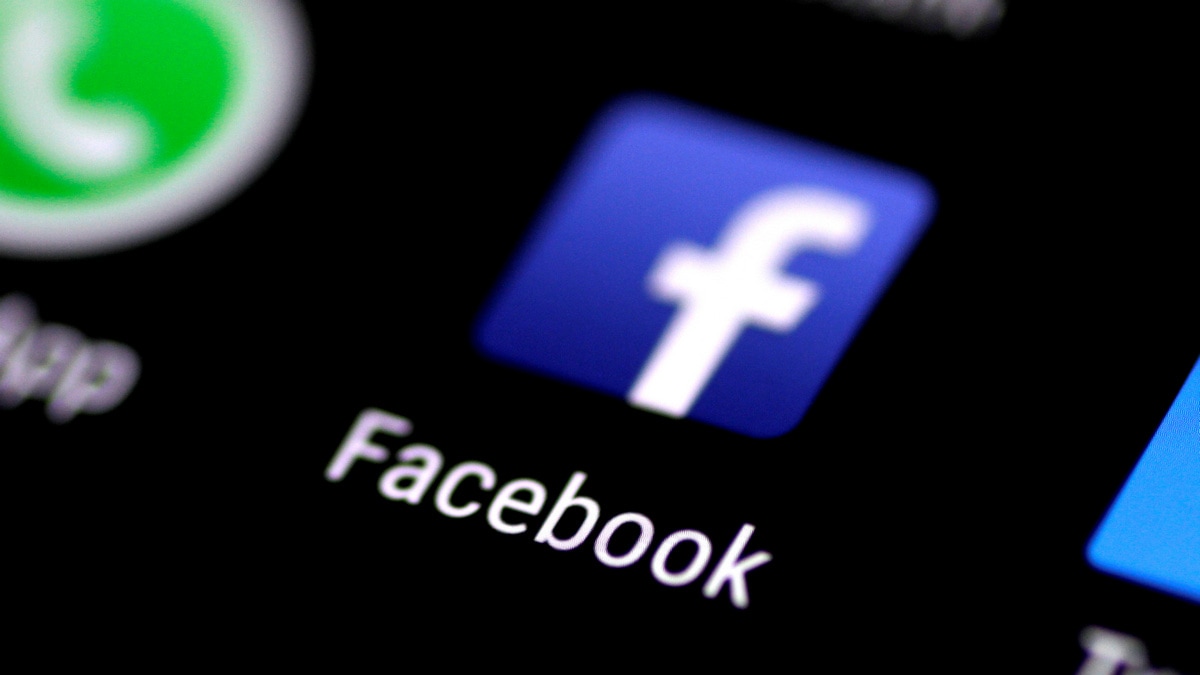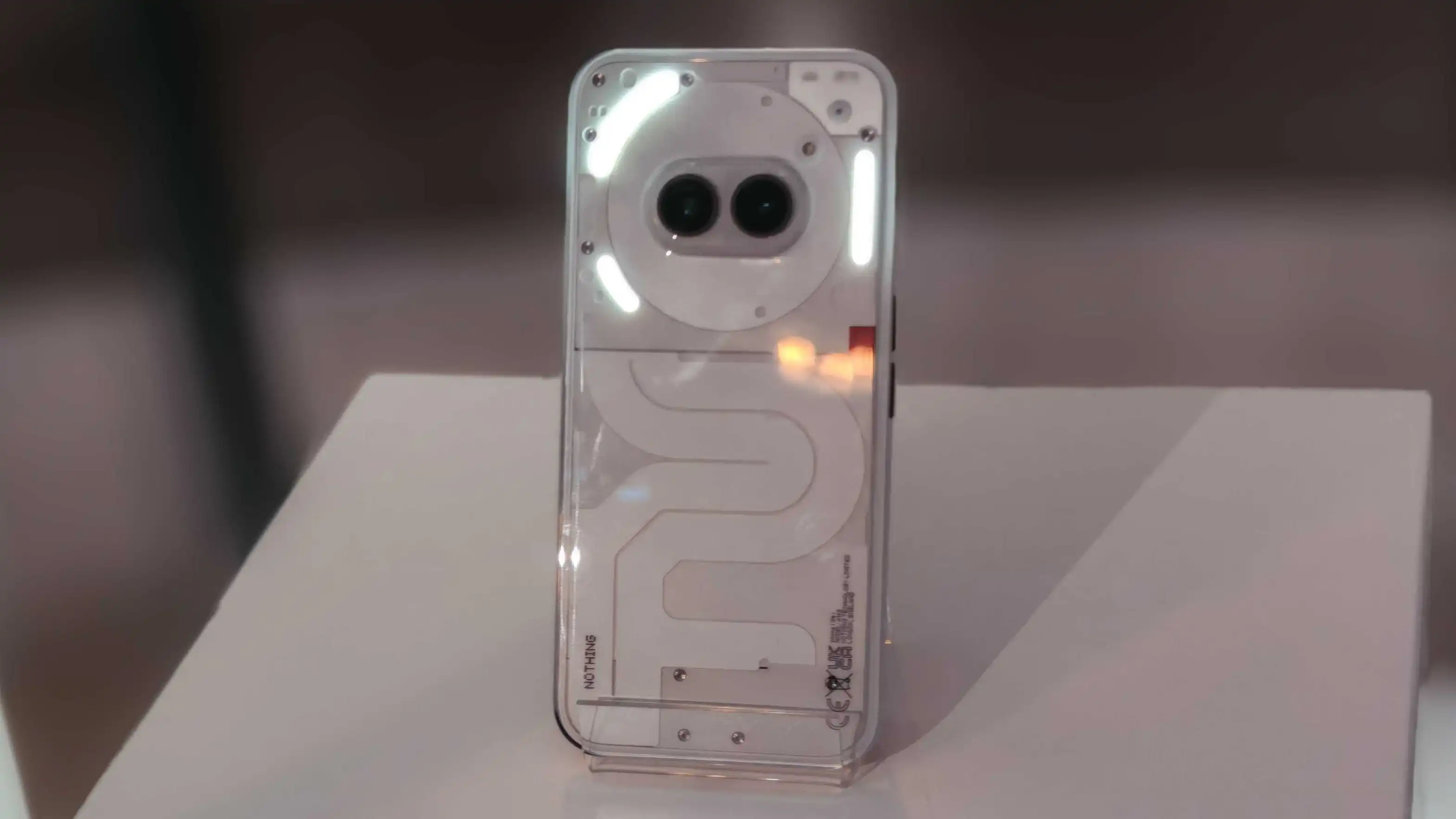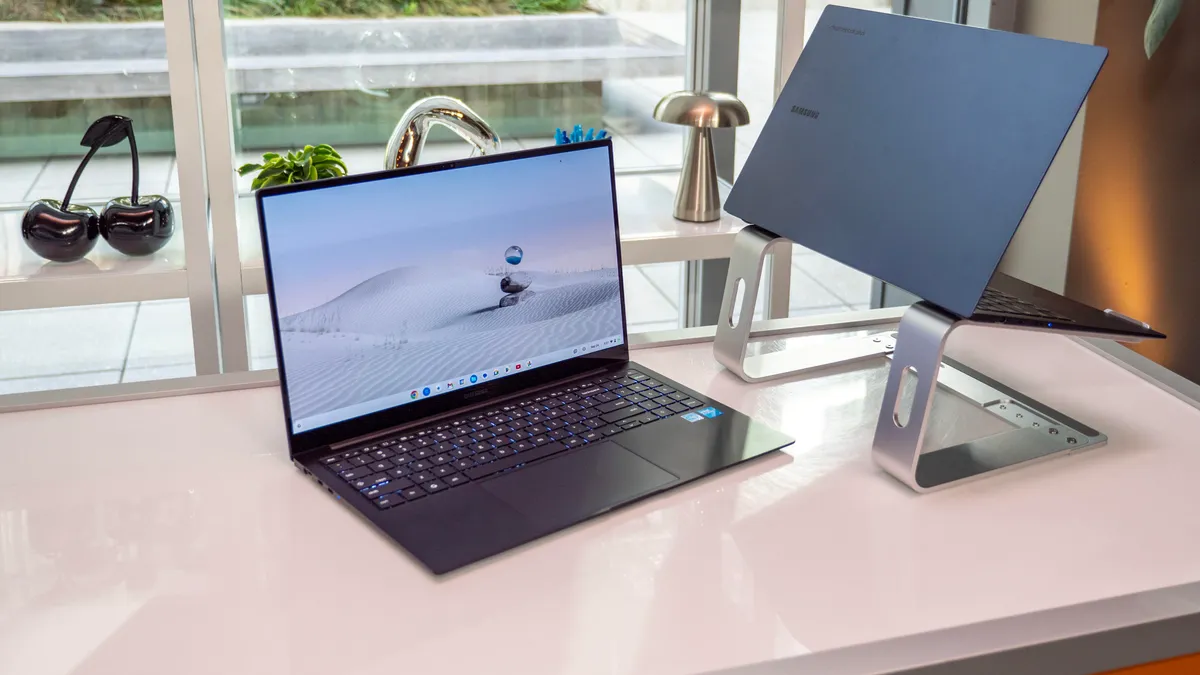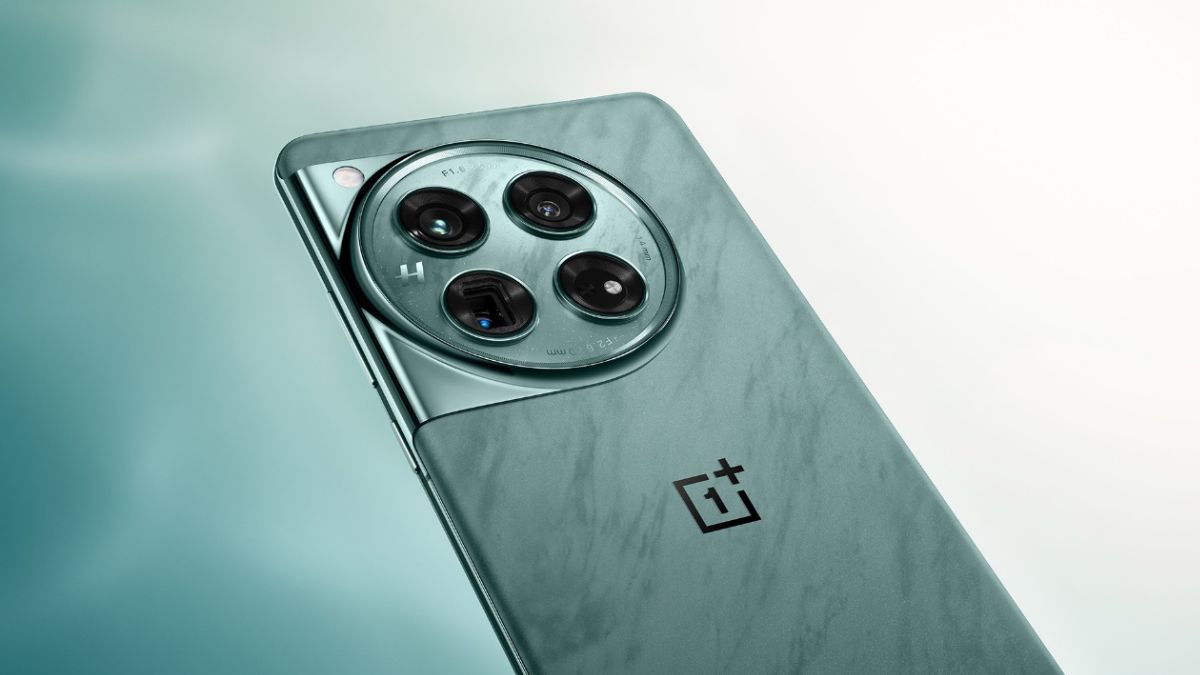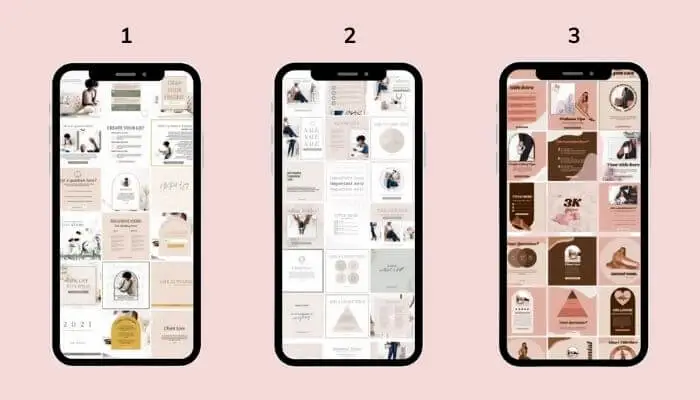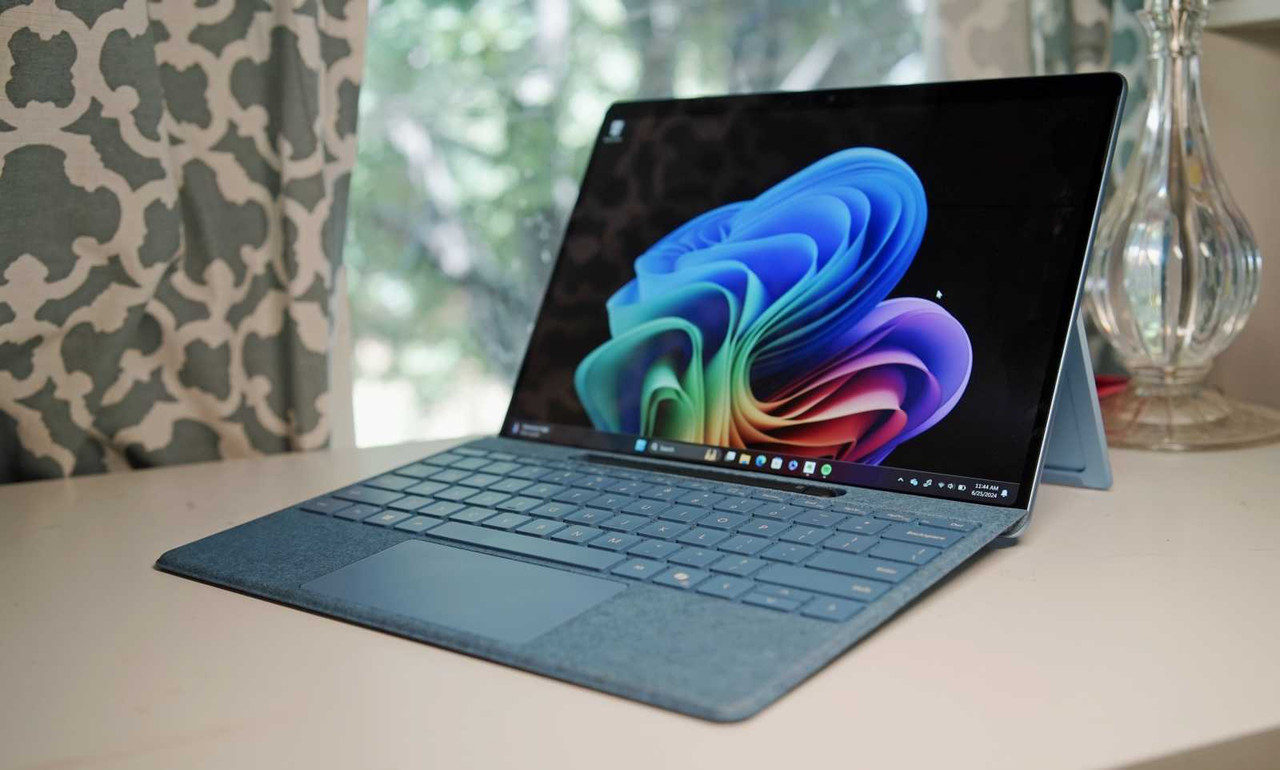Bloomberg says that Apple won’t necessarily be building its own satellite hardware – it could instead be developing just th re transmission devices or ground-based equipment to make use of data transmissions for orbital communications equipment. The tech could be used for actually delivering data directly to Apple devices, or it could just connect them to each other independent of a cellphone carrier data network. It could also be used to provide more accurate location services for better maps and guidance, the report says.
Apple is said to have hired both executives and engineers from the aerospace and satellite industry, including Skybox Imaging alumni Michael Trela and John Fenwick who are leading the team. These two formerly headed up Google’s satellite and spacecraft divines. New hired include former Aerospace Corporation executive Ashley Moore Williams, as well as key personnel from the wireless networking and content delivery network industries.

The idea of providing a data network from space direct to devices seems preposterous on its face – most data communications satellites require communication with ground stations that then relay information with end-point devices. But it’s not an unheard of concept, and in fact we wrote earlier this year about Ubiquitlink, a company that’s focused on building a new kinds of low-Earth orbit communications satellite constellation that can communicate directly with phones.
Ubiquitlink’s initial goals spell out what a supplemental direct satellite communication network could provide on top of regular iPhone carrier service: The startup company hopes to essentially provide global roaming with a connection level that probably isn’t anywhere near as fast as you’d get from a ground-based network, but is usable for communication at least – and not dependent on local infrastructure. It could also act as a redundant fallback that ensures no matter what your main network status, you’ll always be able to do less data-intensive operations, like texting and calling.
While there’s obviously a lot of unknowns remaining in what Apple is working on or what it will eventually amount to, if anything, it’s very interesting to consider the possibility that it could offer a level of always-on connectivity that’s bundled with iPhones and available even when your primary network is not, that offers persistent access to features like iMessage, voice calls and navigation – leaving streaming and other data-intensive applications to your standard carrier rate plan.


